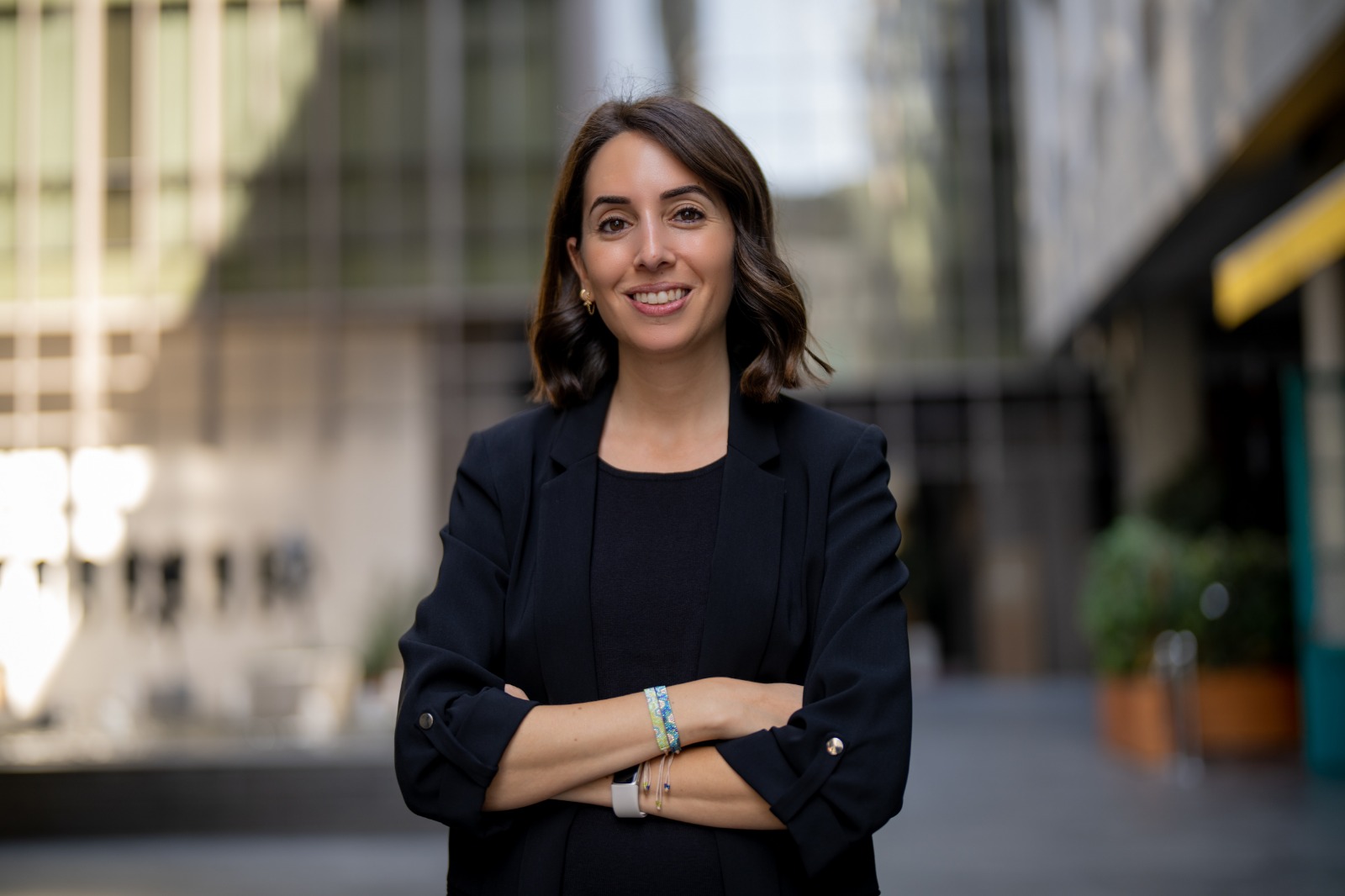Dubai, UAE – As we celebrate the spirit of International Women’s Day in March, the spotlight turns to the remarkable achievements and contributions of women across various spheres. Lana Dajani is one of the trailblazers whose journey stands out as a beacon of inspiration. Her work spans education, business, and academia.
In a candid Q&A session, we asked Dajani about her insights on leadership, overcoming cultural barriers, and her mission to empower the next generation of Arab women professionals. As the Director of Admissions and Operations for Georgetown University’s Executive MBA Dubai Program, and the Executive MBA Dubai Program Leader at Georgetown University, Dajani champions education, empowering women, and bridging cultures through her leadership.
Excerpts:
Why did you choose a career in education, and how did you start?
This has to do with my upbringing as a Palestinian, where the value of education was instilled from an early age. My parents’ dedication laid the foundation for my journey into higher education.
Now leading admissions, recruitment, and business development for Georgetown University’s Executive MBA Dubai program, I merge my academic expertise with insights from the private sector, shaping future leaders in the global marketplace.
As a woman in a leadership position within academia, what unique perspectives you bring to your role?
I have observed that women in leadership bring a unique perspective crucial for innovation and problem-solving. I’ve also read that women tend to have higher relational intelligence, meaning we consider the good of the whole.
A leader’s strength lies in valuing empathy, inclusivity, and collaboration as much as decisiveness and strength. I personally embrace and cultivate this in my leadership style, which is complemented by straightforward communication. In my role at Georgetown University, I endeavor to build a culture of resilient relationships based on connection and trust.
How do you address any cultural or societal barriers that may arise in your professional life, particularly in the context of working in the Middle East?
Having spent my childhood in the United States and the past 18 years working across the Middle East, understanding and adapting to local cultures and traditions has been crucial. It is about embracing flexibility and open-mindedness towards diverse work environments.
I have been fortunate to have the guidance of strong female mentors and the unwavering support of my father, who has always celebrated his daughters’ achievements. This foundation of support has been instrumental in navigating the complexities of professional life in a culturally rich region like the Middle East.
Based on your own experiences and successes, what advice would you give to young Arab women aspiring to pursue careers in business or academia?
To young Arab women eyeing careers in business or academia, I cannot stress enough the importance of prioritizing your education. It lays the groundwork for your future. Building a solid network and honing your communication skills are also vital. These elements combined will not only open doors for you but also equip you with the tools to navigate and excel in your chosen field.







